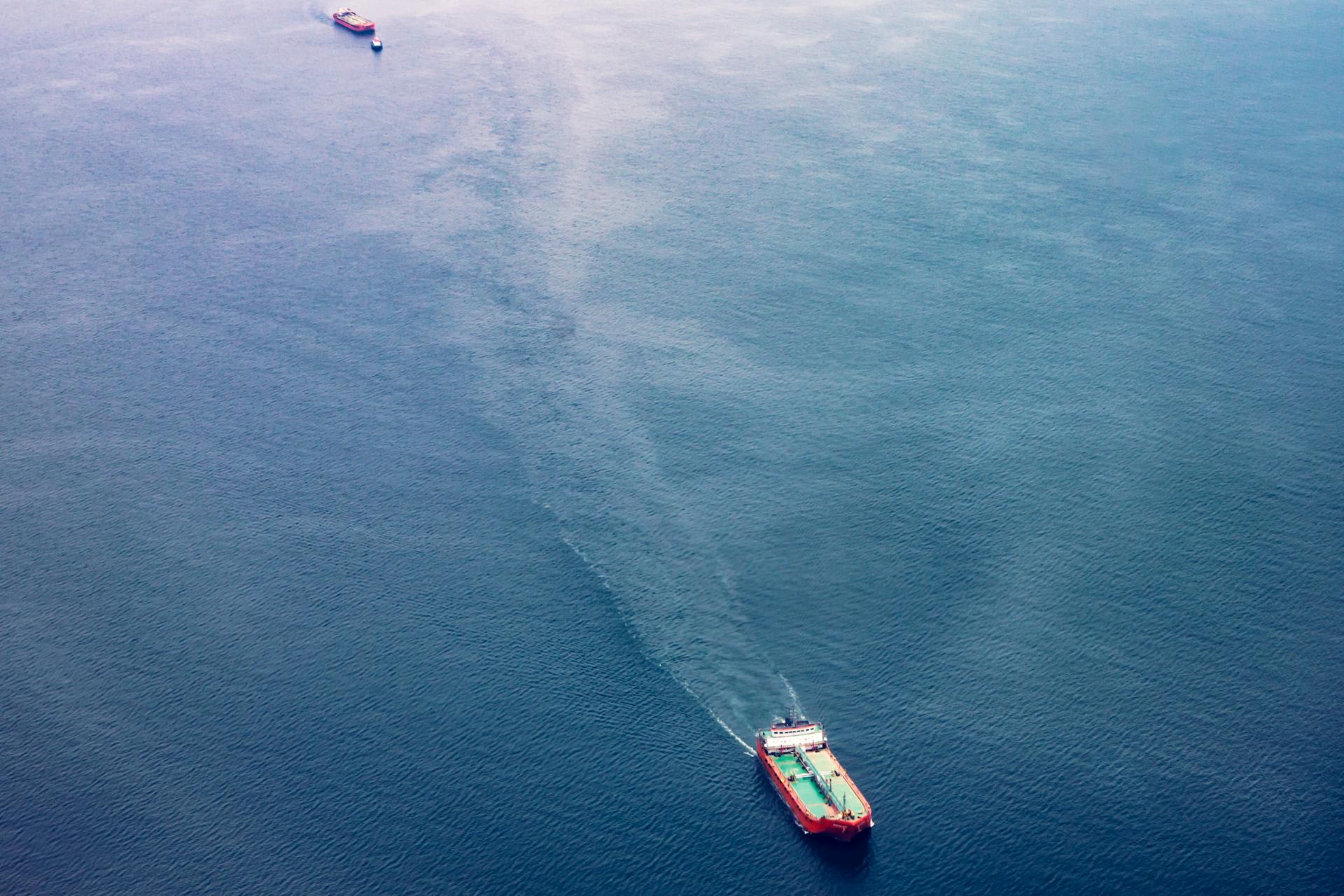Safe Bulkers posts $1.7m profit in Q2 despite weaker rates and higher costs
Safe Bulkers Reports Q2 Profit Amid Challenges

Safe Bulkers, a Limassol-based shipping company listed on the New York Stock Exchange, has managed to report a profit in the second quarter of 2025 despite facing rising costs, declining rates, and geopolitical uncertainties. The company’s net income fell to $1.7 million, a significant drop from $27.6 million during the same period last year, yet it declared a dividend of $0.05 per common share, set to be paid on September 5. With six new vessels under construction and new credit lines secured, Safe Bulkers remains focused on long-term growth and shareholder returns.
Financial Overview and Operational Challenges
In Q2 2025, Safe Bulkers reported revenues of $65.7 million, marking a 16% decline compared to the previous year. The average daily Time Charter Equivalent (TCE) rate also fell to $14,857, down from $18,650. President Loukas Barmparis attributed the revenue drop to a “softer market compared to the previous year,” which impacted earnings from scrubber-fitted vessels. Operating expenses increased by 9% to $28.1 million, driven by higher costs for spare parts, crew wages, and dry-docking preparations. Daily vessel operating expenses reached $6,607, while general and administrative expenses rose by 13%, averaging $1,809 per day.
Dry Bulk Market: “Rising Tides” as Water Levels Drop in Various Hubs
Foreign currency losses added to the financial strain, totaling $6.9 million, primarily due to euro bond valuations. Interest expenses also increased to $7.8 million. Despite these challenges, Safe Bulkers maintained a strong liquidity position, holding $104 million in cash and $239.2 million in undrawn credit facilities as of July 18. The company’s total debt stood at $535.9 million, with contracted revenue from non-cancellable charters amounting to approximately $171.5 million.
Fleet Expansion and Sustainability Initiatives
Safe Bulkers operates a fleet of 47 vessels, averaging 10.3 years in age, and continues to prioritize environmental upgrades. The company has enhanced 26 ships for improved fuel efficiency and emissions reduction. Recently, it took delivery of 12 vessels under its IMO Phase 3–NOx Tier III program, including the Efrossini in April. Six additional vessels are currently under construction, reflecting the company’s confidence in Japanese shipbuilding and its partnership with Oshima.
Looking ahead, Safe Bulkers anticipates 30 days of dry-docking downtime in Q3 and 58 days in Q4, during which energy-saving devices and low-friction paints will be installed. The company’s 2024 Sustainability Report, published in June, adheres to GRI and SASB maritime standards, outlining its commitment to long-term environmental, social, and governance (ESG) goals.
Chartering activity remains stable, with 11 vessels operating in the spot market and 37 on time charters. The company has also signed two new financing agreements, including an $84.3 million facility for vessel acquisitions and refinancing, and a $75 million sustainability-linked revolving credit line tied to the fleet’s carbon intensity. As part of its fleet renewal strategy, Safe Bulkers sold the 2007-built Pedhoulas Leader for $12.5 million, with delivery expected between August and October.
While the company currently avoids operations in the Red Sea and Black Sea due to geopolitical tensions, it has confirmed minimal exposure to affected regions and continues to monitor developments in the Middle East and Eastern Europe. Safe Bulkers remains committed to operational excellence and sustainability, with 85% of its fleet built in Japanese yards and registered under the Cyprus flag.
